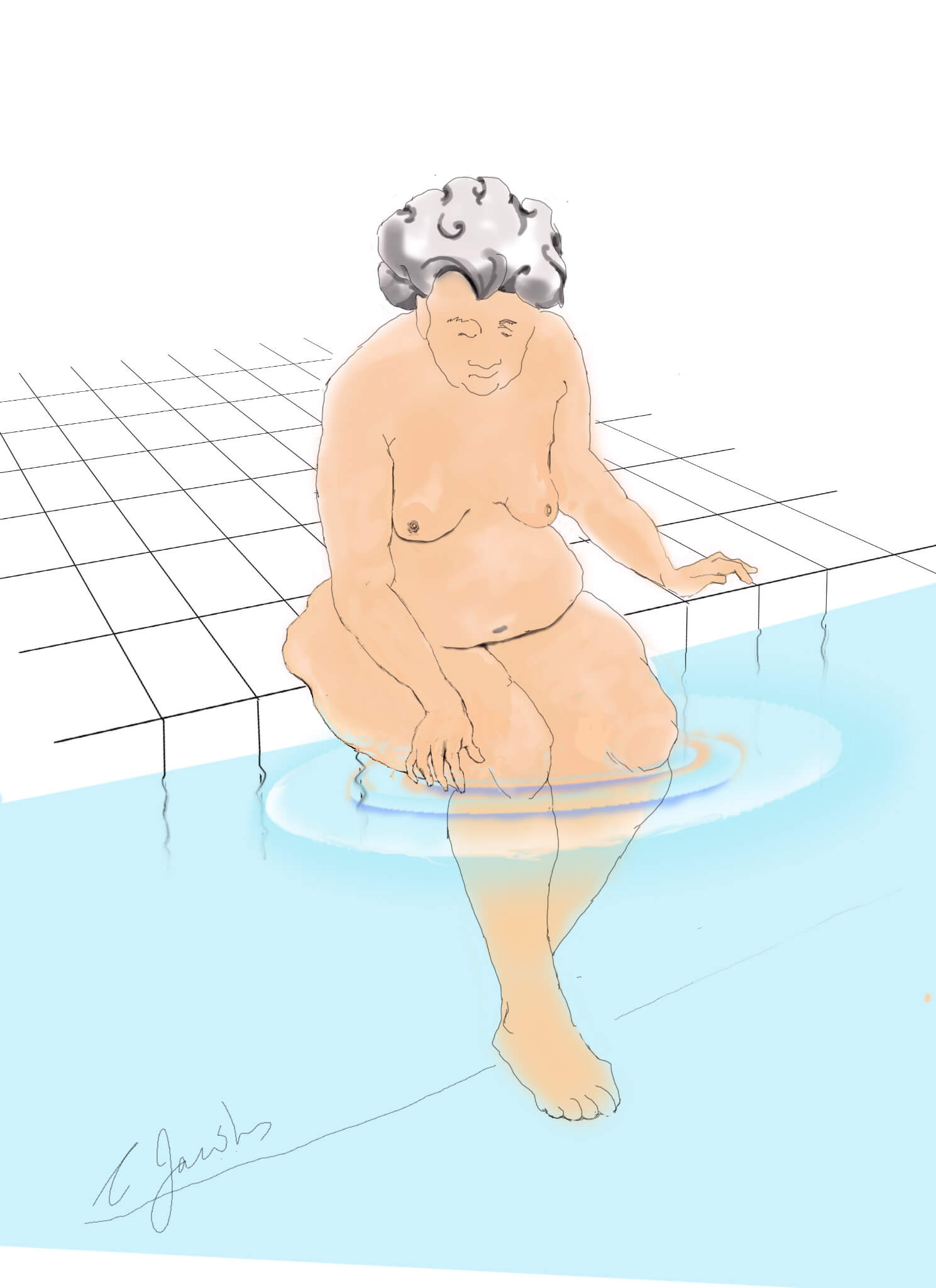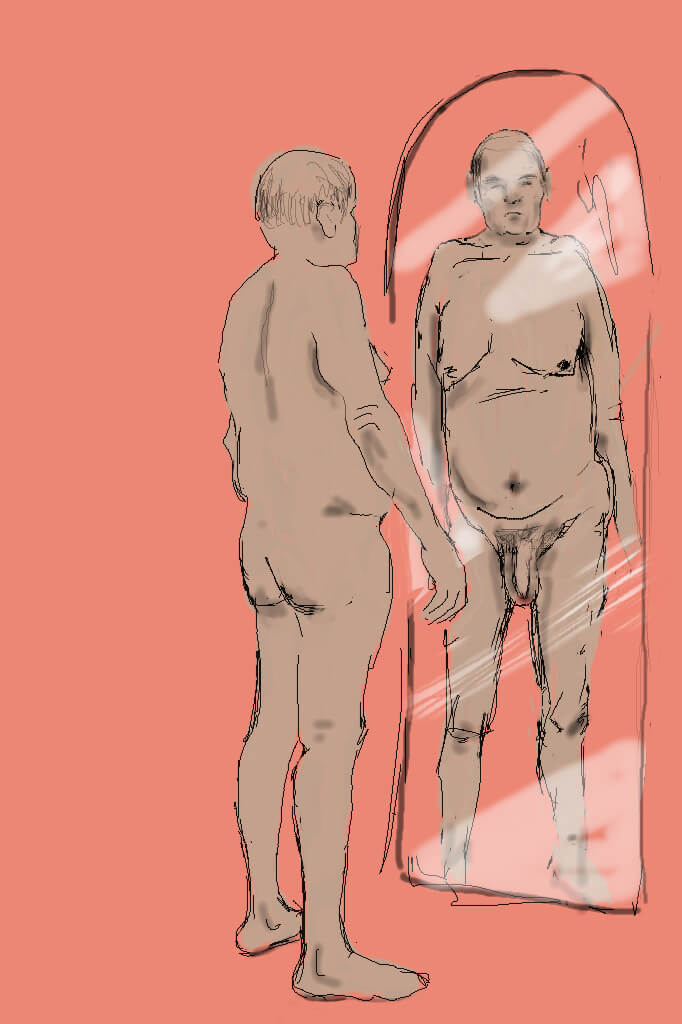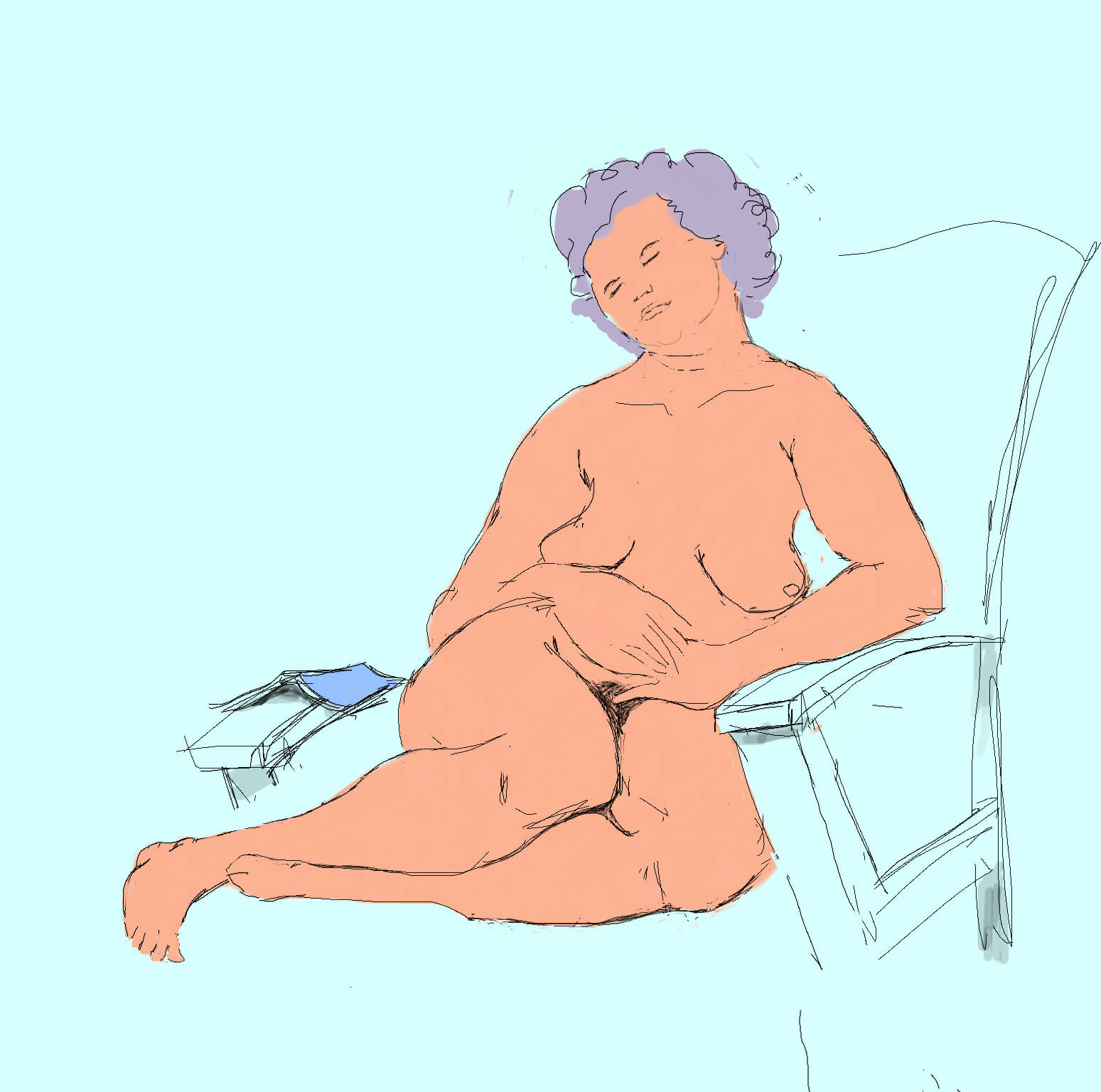An old English poet once said “Grow old with me! The best is yet to be.” Closer home, we are always grateful to sing “Aye meri zohra-jabeen, tujhe maalum nahi tu abhi tak hai haseen aur main jawaan". 



What is perimenopause and menopause in women?
Menopause is when your periods come to a full stop, and your ovaries don’t produce eggs anymore. But this doesn’t happen abruptly. There is a run-up to it called perimenopause. It usually begins when you’re nearing mid-forties and lasts from four to five years. Your periods get irregular: it may last from four days to two weeks or it may even skip a month. A recent study found a drop in the age when women hit menopause in India — four percent of women hit menopause between 29 and 34 years, and eight percent between 35 and 39. But the symptoms of perimenopause and menopause — mood swings, hot flashes, disturbed sleep, and a reduced sex drive — are all mixed up. They’re caused by a decrease in oestrogen, the primary sex hormone. But, not everybody has all the symptoms: sometimes menopause can be a smooth boat ride into post-menopause.
What is andropause?
The concept of male andropause is more controversial — not everyone believes it exists, because, unlike in women, there’s no marker, like the stopping of menstruation. But men also experience bodily and mood changes, like difficulty ejaculating, lower bone density, or anxiety, between the ages of 40 and 55. They’re due to a gradual reduction in the testes’ ability to produce the male sex hormone, testosterone.Mood swings
If you’re finding it hard to remember small details and focus, it can be because of age-related hormonal changes. You might even find yourself getting snappier, and tired. In women, it’s because of a fall in oestrogen, and in men, it’s because of reduced testosterone, causing anxiousness. But in a world where everyone is always obsessed with staying young, wouldn’t we be anxious about becoming older?Meena, 58, went through a period of feeling overwhelmed by everything happening around her. Her children seemed too busy, and her husband distant. “It was just really lonely,” Meena says. It was worse if hot flashes happened when she was already irritable or anxious. But what helped was to figure out a rhythm for herself — she joined a dance class, and spent every morning at a laughter club in a park. It helps to remember that there’s no need to suffer alone. You can even join groups like the Indian Menopause Society (yes, there is such a club), which organises events and makes it easier to meet other women.
Sex
Whether you’re a man or a woman, ageing can reduce your sex drive. But there’s also good news: According to research in the American Journal of Medicine, women’s sexual satisfaction might increase because you know better what kind of sex you like. Some doctors even say that sex drives might increase, especially if you’ve used birth control pills when you were younger. Ritika, 49, was told by her friends that she’d have her best sex in her 30s, before hitting a depressing dive into dry spells of no sex in her 40s. Has the prediction come true? “I don’t have sex as often as I used to, but when I do it’s as good as it used to be.” How come? Apart from using a lubricant and a vibrator often, Ritika is more confident, insisting her husband prolong foreplay. It’s great, she says, because the long foreplay has helped her discover new ways she likes being touched, and going slow gets her more turned on than ever.What was that about lubricant? With menopause, women’s vaginas get drier and their tissues get thinner. Its most common symptoms are soreness and itching, or even bleeding after sex. So your lubricant can become your best friend.Men too say that their sexual response tends to slow down after 50 years. Nived, 54, says you might have difficulty ejaculating, or find it difficult to get and maintain erections. He learnt a lot about his own body from his wife, who researched menopause. This knowledge sharing helped their sex lives, because he doesn’t feel a huge pressure to ‘perform’ — his wife knows what he can do, and he knows what she can do. His happy piece of advice? Go slow. Take your time, indulging in more foreplay to turn you on — it can make sex less painful for women, and men can hold their erections for much longer. Both these things mean more pleasure, and so more happiness.
Heart
You’re also at an increased risk of heart attacks or strokes, so you need to be more careful. Women might experience skipped heartbeats. Those who’ve had early menopause or their uterus or ovaries removed, are at a greater risk.Urinary system
In women, like your vagina, your urethra (the tube that connects to your urinary bladder), becomes a lot drier and less elastic making you feel like you want to pee more often. Men also feel an increased urge to urinate more frequently, particularly at night. This leaves you at an increased risk of getting a urinary tract infection (UTI), which can be easily diagnosed and treated. Doing Kegel exercises (they’re used to prevent or control urinary incontinence) is a proven solution. You can do it anytime, anywhere and make your pelvic floor muscles stronger. The huge plus point? They help increase sexual pleasure.Muscles and bones
In women, oestrogen depletion increases the risk of low bone mineral density. In men, ageing reduces testosterone that helps build protein tissue, including muscles and bones. But that doesn’t mean you must worry.Usually, for five to 10 years after menopause, a loss in bone density causes weakening and an increased risk of fractures. There isn’t a way to stop bone density loss as you grow older, but you can slow it down by increasing your calcium intake and eating well (more leafy vegetables), and exercising. Greeshma, 51, spends her evenings at the gym. It makes her feel better, both because of the exercise rush and because she feels happier about her body. It also helps with her knee problem, which prompted her to exercise rigorously. Her husband’s mother had osteoporosis (your bones become weak and brittle). It isn’t only something that happens to old people. Weight-bearing and resistance exercises help deal with osteoporosis by building and maintaining bone density.
































































































































































































































































































































































































































































































































































































































































































































































































































































































































































































































































































































































































































